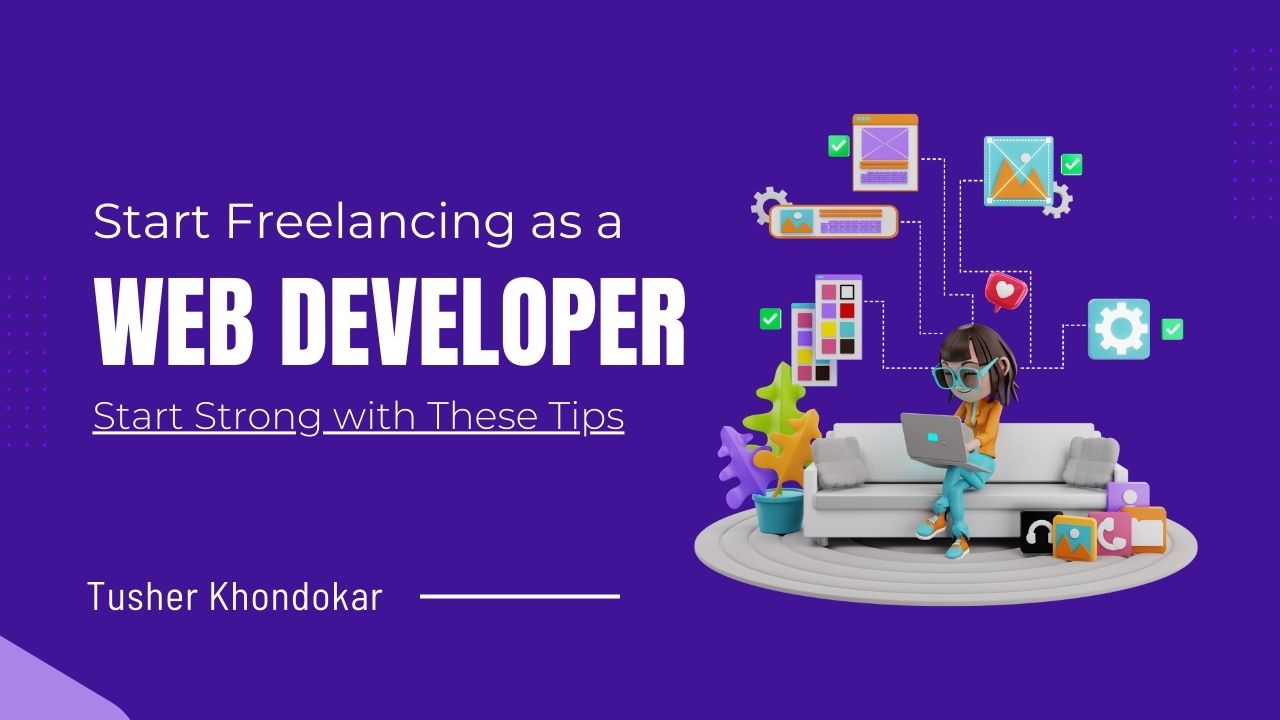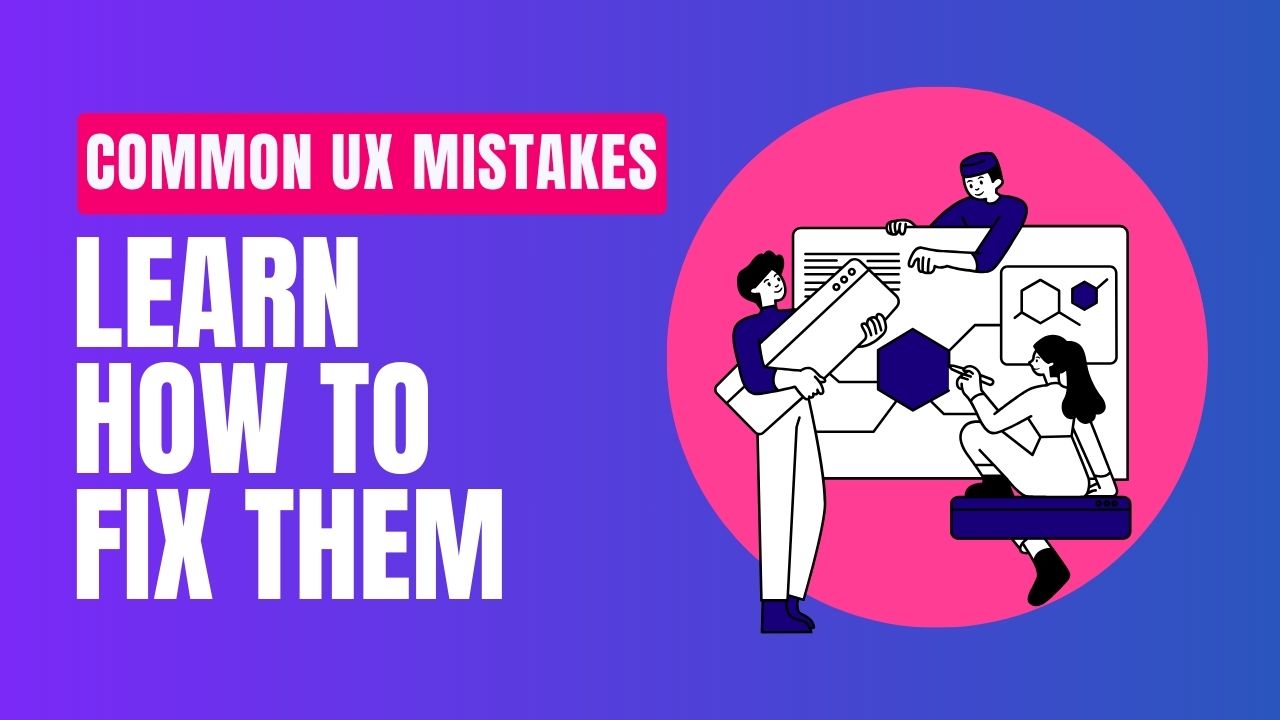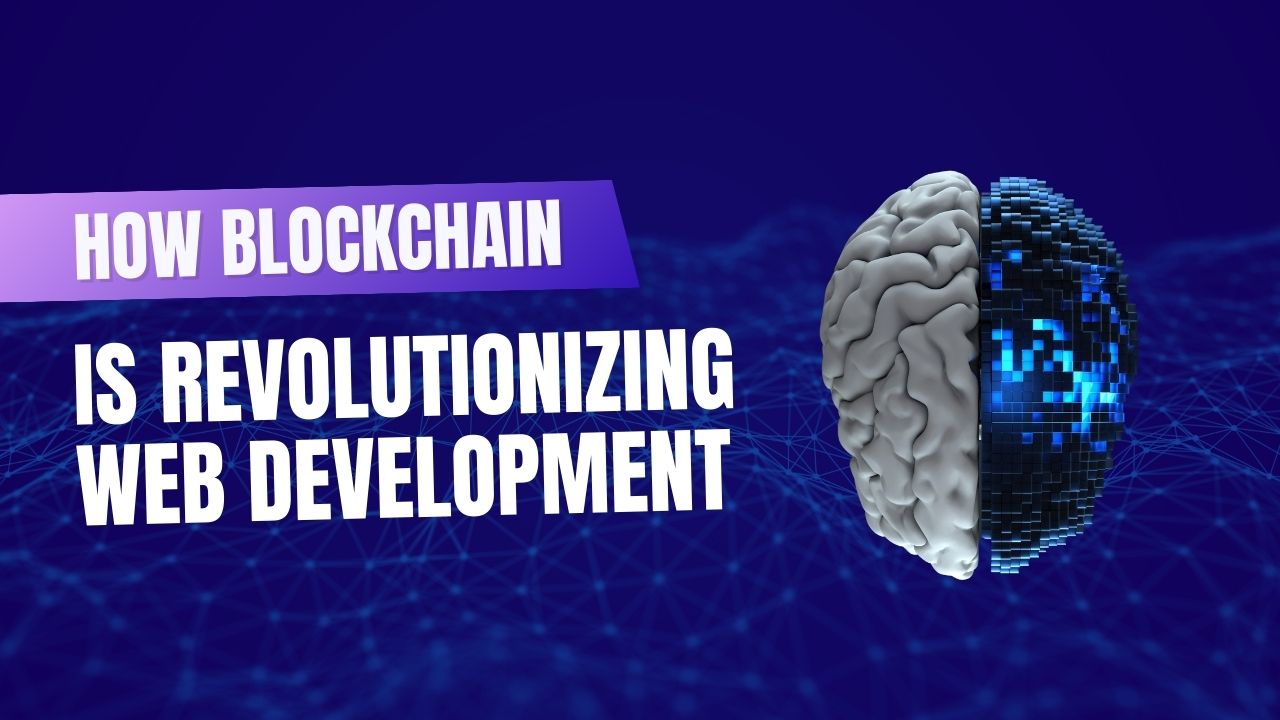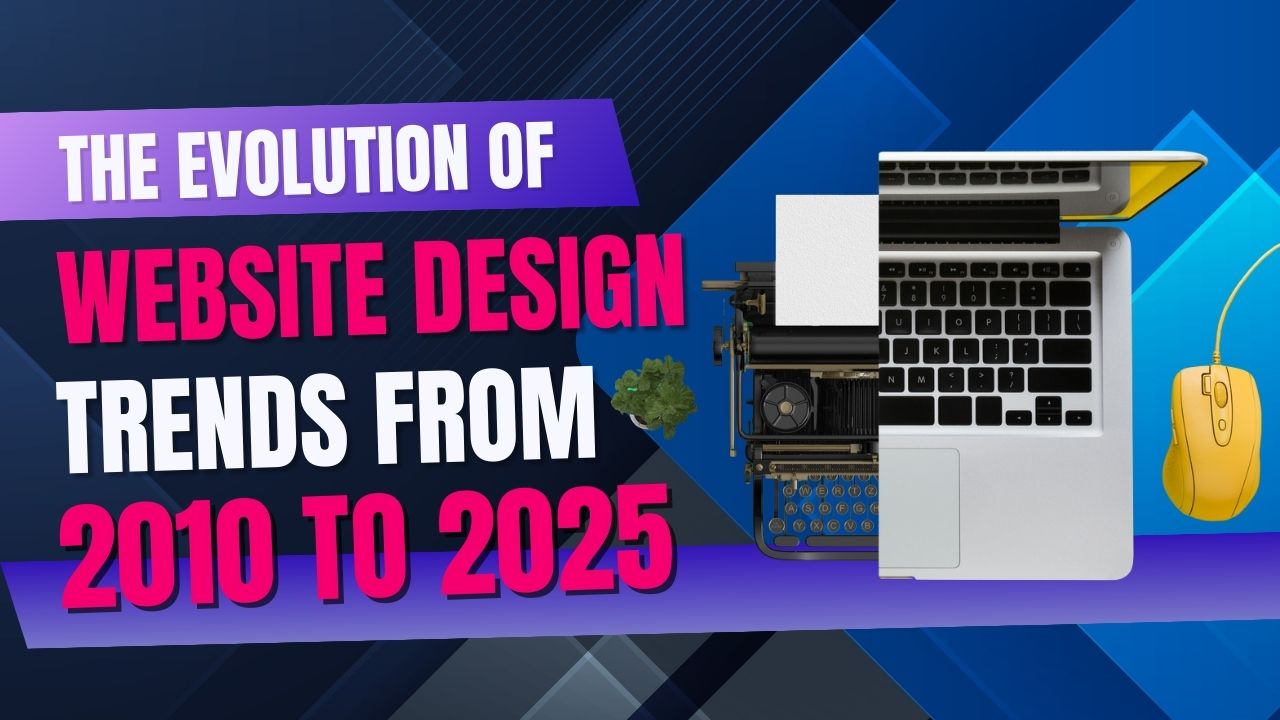In today’s competitive IT industry, personal branding is no longer optional—it’s essential. Whether you’re a software developer, data scientist, cybersecurity expert, or IT consultant, building a strong personal brand can set you apart from the crowd, open doors to new opportunities, and establish you as a thought leader in your field. In this blog post, we’ll explore actionable tips on how to build a tech brand, optimize your personal branding for IT, and share branding tips that will help you stand out.
Define Your Unique Value Proposition (UVP)
Your personal brand starts with understanding what makes you unique. What skills, experiences, or perspectives do you bring to the table that others don’t? Your UVP should answer the question: Why should someone choose you over others in the IT industry?
For example, if you’re a Python developer, your UVP could be your expertise in building scalable machine learning models or your ability to simplify complex algorithms for non-technical stakeholders. Clearly defining your UVP will help you craft a consistent message across all platforms.
Check out GitHub’s blog to see how developers showcase their unique projects and expertise.
Create a Professional Online Presence
In the IT industry, your online presence is your digital resume. Start by building a professional website or portfolio that highlights your skills, projects, and achievements. Include a blog section where you can share insights, tutorials, or case studies related to your expertise.
Platforms like LinkedIn, GitHub, and Stack Overflow are also crucial for personal branding for IT professionals. Optimize your profiles with relevant keywords, a professional photo, and a compelling bio that reflects your UVP.
Visit John Resig’s website, the creator of jQuery, to see how a clean, professional online presence can elevate your brand.
Share Valuable Content Consistently
Content is king when it comes to building a tech brand. Share your knowledge through blogs, videos, podcasts, or social media posts. Focus on topics that resonate with your target audience, such as coding tutorials, industry trends, or career advice for aspiring IT professionals.
Consistency is key. Whether you post weekly or monthly, make sure your content is high-quality and provides real value. Over time, this will position you as a go-to resource in your niche.
Follow Smashing Magazine for ideas on how to create engaging and informative content for the tech community.
Engage with the Tech Community
Building a personal brand isn’t just about self-promotion—it’s about building relationships. Engage with the IT community by participating in forums, attending conferences, and joining online groups. Platforms like Reddit, Dev.to, and Hacker News are great places to share your insights and learn from others.
Networking with peers, mentors, and industry leaders can also help you gain visibility and credibility. Don’t be afraid to collaborate on open-source projects or contribute to discussions on platforms like GitHub.
Explore Dev.to to see how developers engage with the community through discussions and collaborations.
Showcase Your Projects and Achievements
In the IT industry, actions speak louder than words. Showcase your skills by building and sharing projects that demonstrate your expertise. Whether it’s a mobile app, a data visualization tool, or a cybersecurity solution, your projects serve as tangible proof of your abilities.
Use platforms like GitHub, Behance, or Dribbble to display your work. Include detailed descriptions, screenshots, and links to live demos to make your projects stand out.
Check out CodePen to see how developers showcase their coding projects in an interactive and visually appealing way.
Leverage Social Media Strategically
Social media is a powerful tool for personal branding for IT professionals. Platforms like Twitter, LinkedIn, and Instagram allow you to share your expertise, connect with industry leaders, and stay updated on the latest trends.
Use hashtags like #TechTips, #CodingLife, or #DataScience to increase the visibility of your posts. Share a mix of original content, curated articles, and personal insights to keep your audience engaged.
Follow Sara Soueidan on Twitter to see how she uses social media to share her expertise in front-end development.
Invest in Continuous Learning
The IT industry evolves rapidly, and staying ahead of the curve is crucial for building a strong personal brand. Invest in continuous learning by taking online courses, earning certifications, or attending workshops. Platforms like Coursera, Udemy, and Pluralsight offer a wide range of courses to help you upskill.
Sharing your learning journey with your audience can also inspire others and reinforce your commitment to growth.
Explore freeCodeCamp for free resources and tutorials on various IT topics
Seek Feedback and Iterate
Building a personal brand is an ongoing process. Seek feedback from peers, mentors, or your audience to understand what’s working and what’s not. Use this feedback to refine your brand and improve your strategies.
For example, if your blog posts aren’t getting much engagement, try experimenting with different formats or topics. If your LinkedIn profile isn’t generating leads, consider updating your headline or adding more endorsements.
Visit Medium’s tech section to see how writers iterate their content based on reader feedback.
Collaborate with Influencers and Brands
Collaborating with influencers or established brands in the IT industry can significantly boost your visibility. Partner with them on webinars, podcasts, or joint projects to reach a wider audience.
For example, if you’re a cybersecurity expert, collaborate with a tech influencer to create a webinar on the latest security threats. This not only enhances your credibility but also exposes you to their followers.
Check out TechCrunch to see how industry leaders collaborate and share insights.
Be Authentic and Transparent
Authenticity is the cornerstone of a strong personal brand. Be genuine in your interactions, share your successes and failures, and let your personality shine through. People are more likely to connect with a real person than a polished, impersonal image.
Transparency also builds trust. If you make a mistake, own up to it and share what you’ve learned. This humanizes your brand and makes you more relatable.
Follow Scott Hanselman’s blog to see how he combines technical expertise with authenticity and humor.
Conclusion
Building a strong personal brand in the IT industry takes time, effort, and consistency. By defining your unique value proposition, creating a professional online presence, sharing valuable content, and engaging with the tech community, you can establish yourself as a trusted authority in your field. Remember, personal branding for IT professionals is not just about showcasing your skills—it’s about building relationships, inspiring others, and making a lasting impact.
Start implementing these branding tips today, and watch your tech brand grow!

























No comment yet, add your voice below!